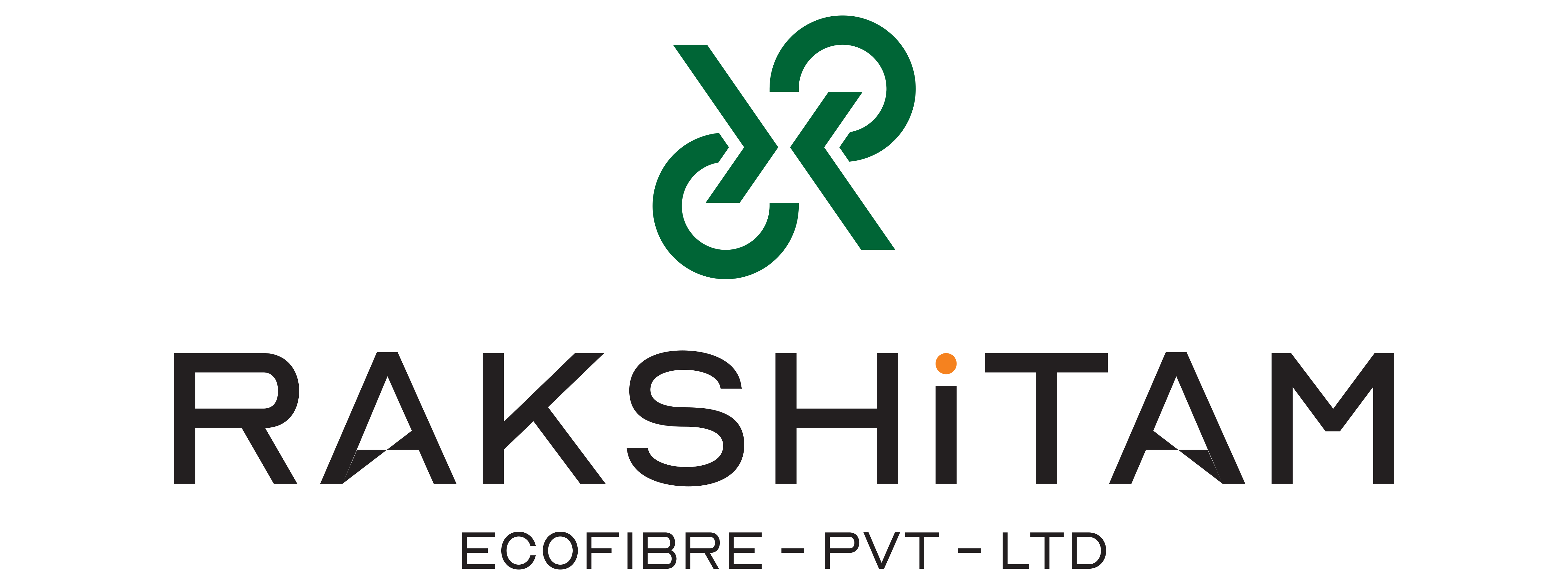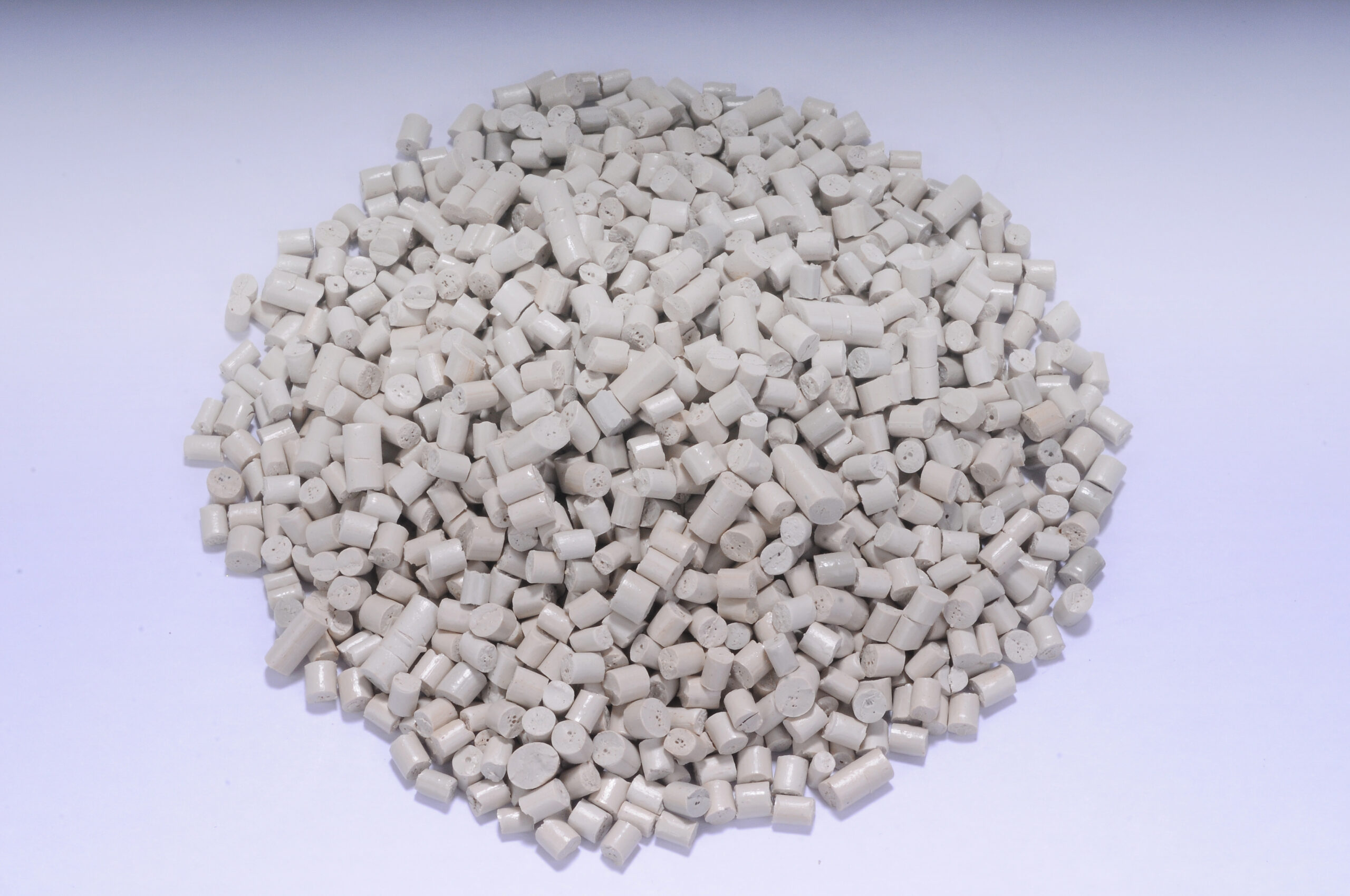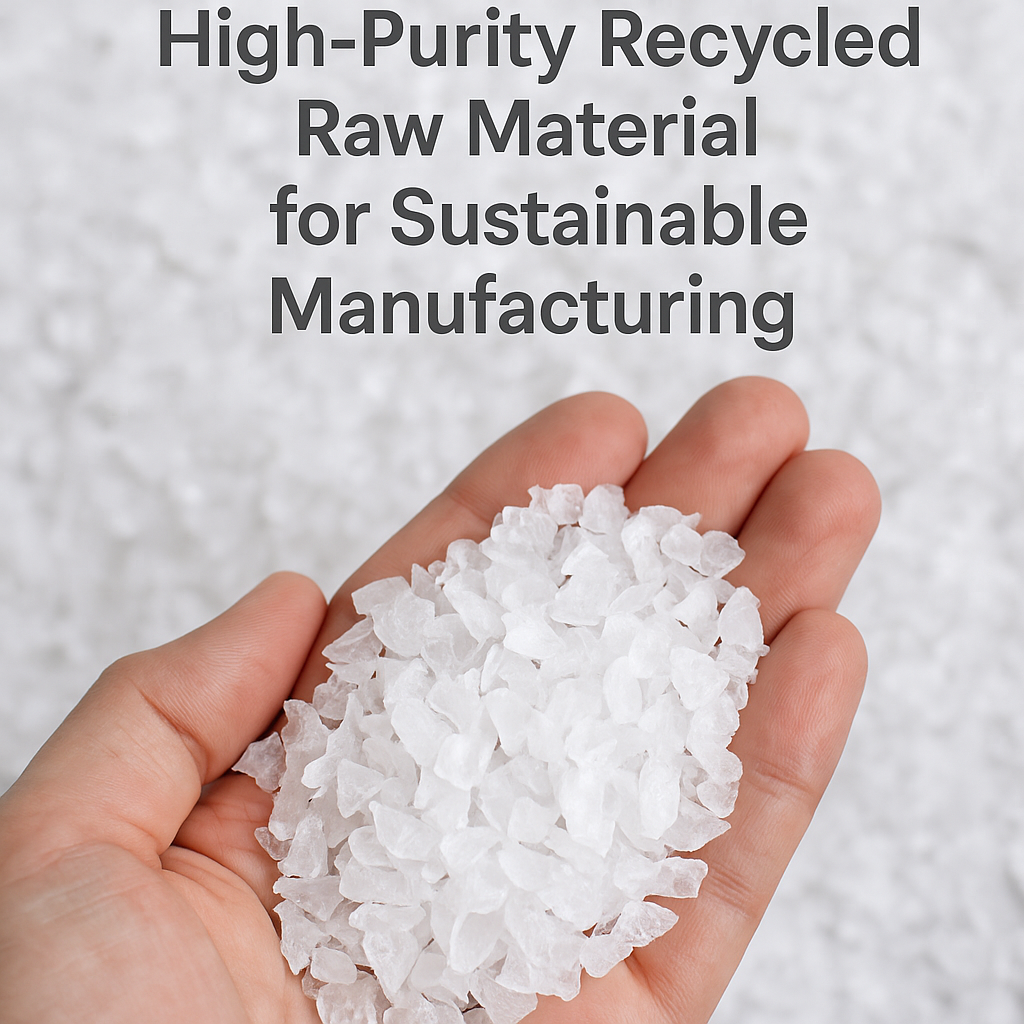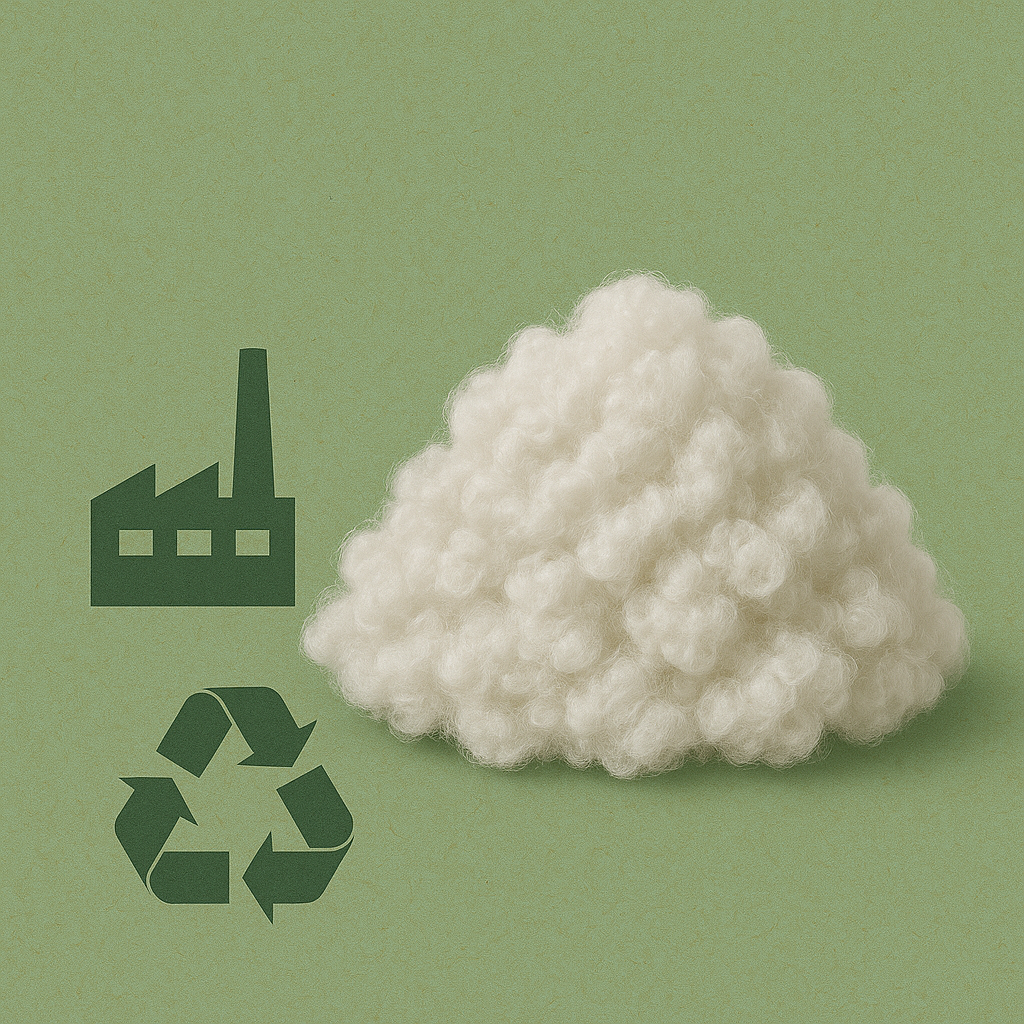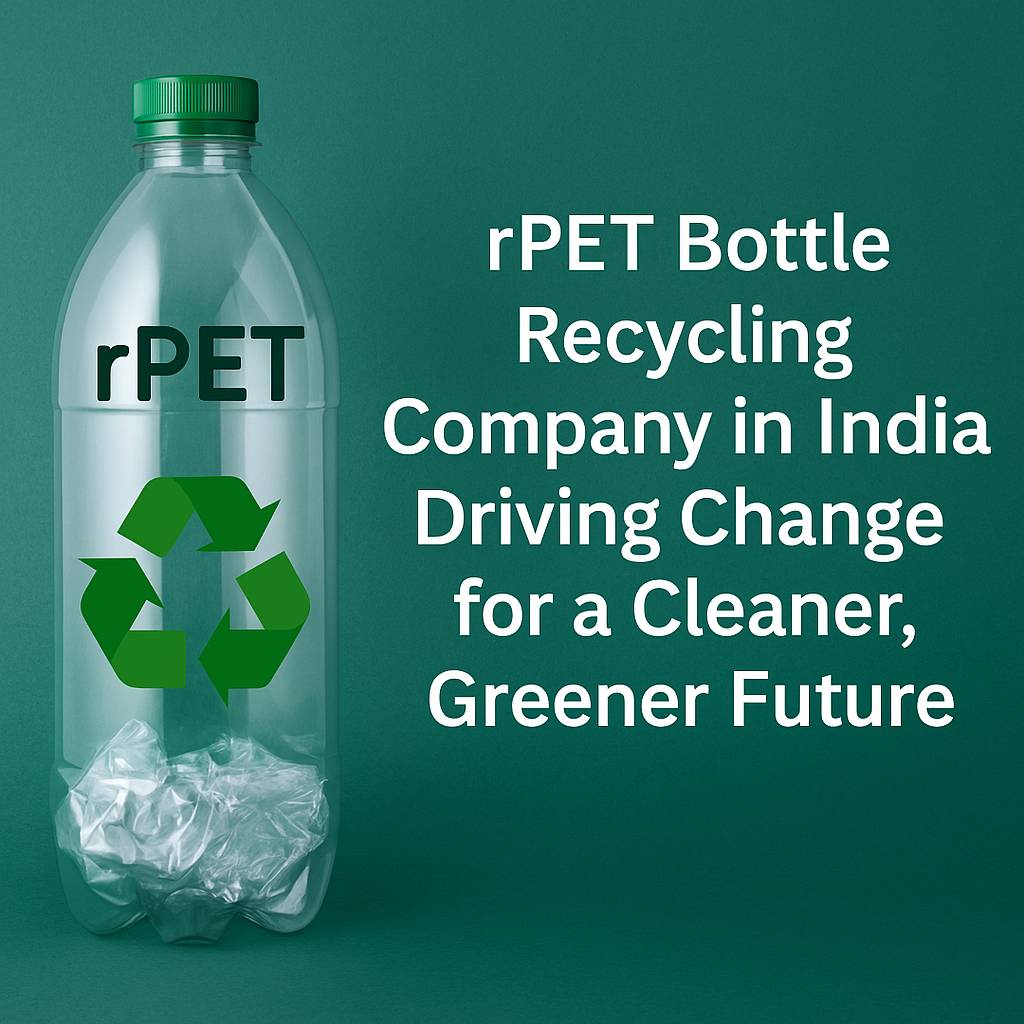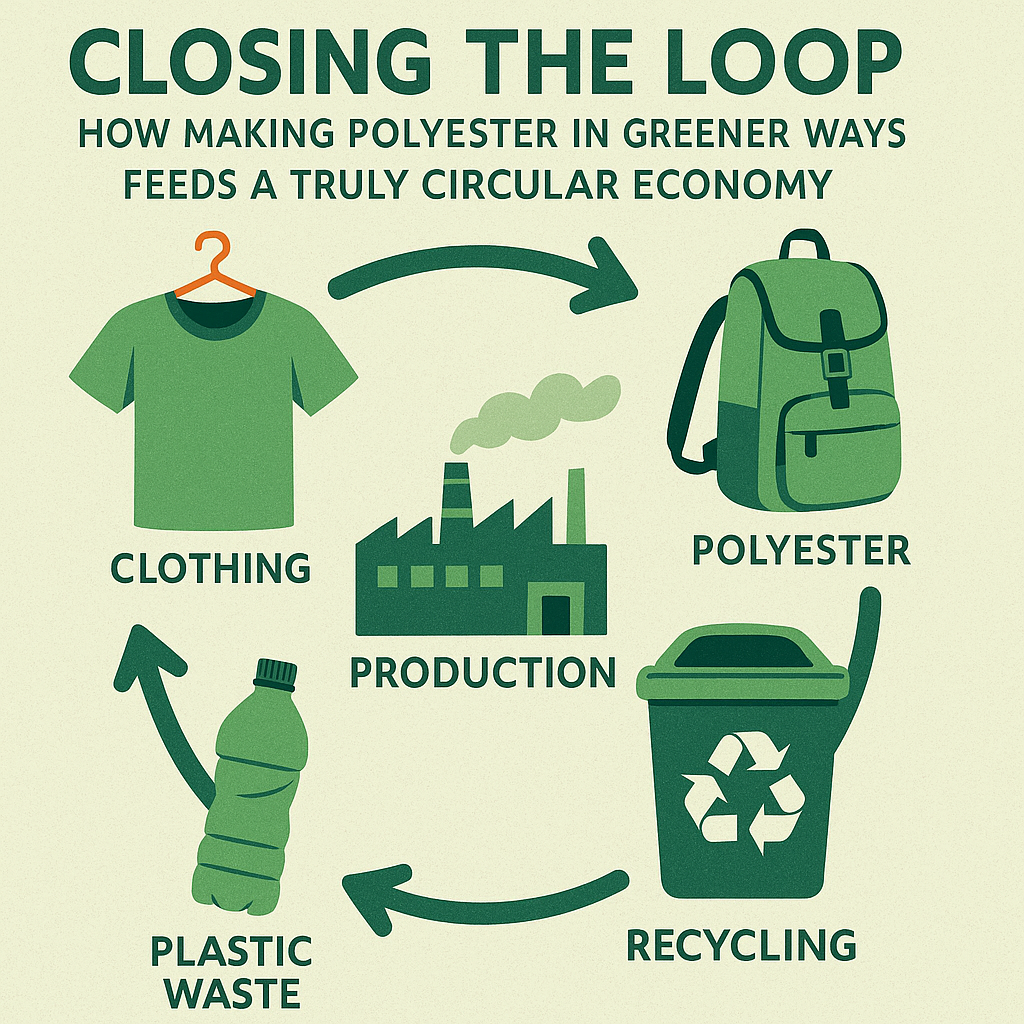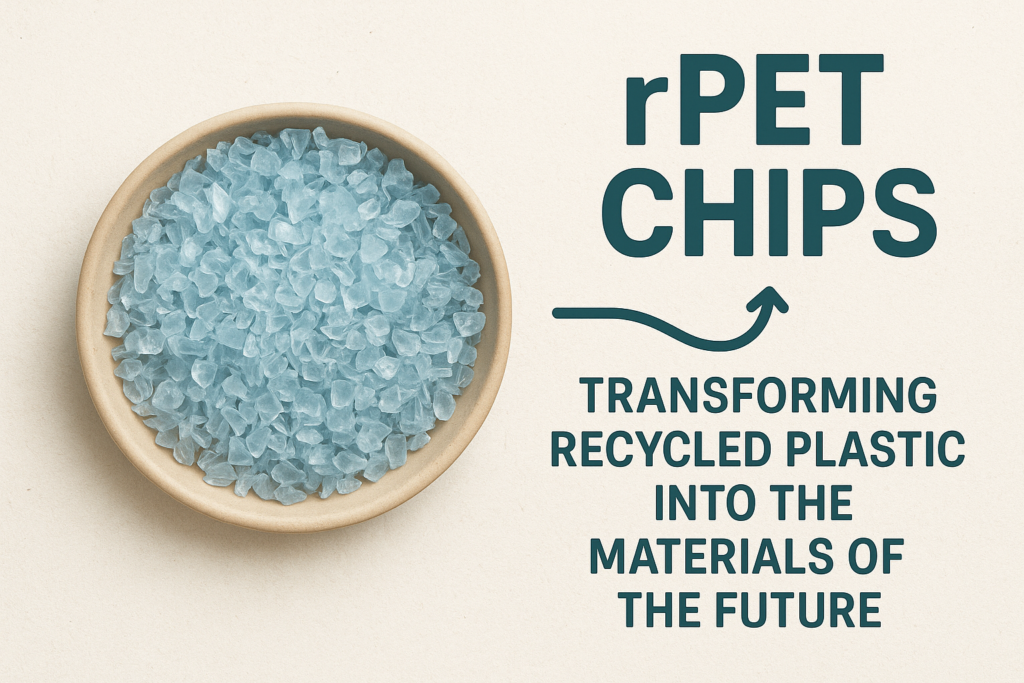In India, the food packaging sector is being turned upside down courtesy of the rise of Recycled Polyethylene Terephthalate (rPET). rPET’s emergence as the darling of food packaging can be attributed to the heightened awareness of sustainability among consumers coupled with strict food safety practices. In this blog, we will delve into the reasons rPET comes out as the best and the most environmentally friendly alternative for food-grade applications in India.
What is rPET?
rPET is obtained from the scraps of PET bottles, food containers, and other such consumer goods. These wastes are sourced, sanitized, and then converted into premium granules or flakes through refinement. This cycle not only enhances the life cycle of PET but also curbs the requirement of manufacturing new plastic from scratch.
Food Safety Standards and rPET
1. Regulatory Compliance: Food grade rPET material used in India for packaging has to adhere to certain standards, which could include BIS (Bureau of Indian Standards) and FDA (Food and Drug Administration), certification as provided by the EFSA (European Food Safety Authority). With these certifications, rPET is endorsed for usage in direct contact with food and beverages.
2. Purity Levels: Thanks to advanced recycling technologies, it is possible to obtain rPET devoid of any contaminants, satisfying the most severe purity levels of food packaging materials. Also, processes like chemical recycling further improve the safety and value of rPET.
3. Traceability: The manufacturers of the leading rPET products make sure to maintain the traceability of the material at every point in the chain making them trust that it is of food-grade quality.
Environmental Advantages of rPET
1. Reduced Carbon Footprint: Consumption of rPET is reported to lessen the amount of Greenhouse gases that are emitted into the atmosphere in comparison with the use of virgin PET. Converting plastic waste so that it is not disposed of in a landfill or ocean, aids in a circular economy.
2. Energy Efficiency: Compared to the production of virgin plastic, the production of rPET takes up less energy and is therefore more sustainable for industrial use.
3. Waste Reduction: The use of rPET in food packing helps tackle the serious menace posed by plastic pollution, which resonates with India’s Swachh Bharat Abhiyan and other programs claiming to reduce waste management.
Advantages for the Food Packaging Sector
1. Versatile Applications: Since rPET may be produced in the form of bottles, trays, and containers, it can be used for a number of food packages.
2. High Resistance: rPET obtains the strength, and high resistance of virgin PET making sure the food product does not get rotten in order to keep the food product safe.
3. Marketing and Advertising: Most competitors prefer to use products that are easily visible and rPET is an excellent substitute as it is non-concealed and clear.
4. Affordable: rPET can be considered a cheap option since the influx of sustainable materials in the market is high which creates further demand for this specific resource.
Rising Use of rPET in India
The application of rPET in the Indian market is shifting upwards as a result of government initiatives and business goals due to the want to be more sustainable. Companies such as Coca-Cola and Pepsi have started rPET packaging lining up with consumer preferences. Also, there are local companies that are installing modern recycling technologies to have higher-grade food rPET.
Challenges and Innovations
1. The Collection and Recycling Systems: The complete unorganized structure of collection regarding rPET waste is something that makes it difficult for industries specializing in Indian rPET production to increase their output levels numerous fold. Nonetheless, new and inventive approaches such as the deposit return scheme and public-private partnerships
2. Technology Upgrades: Advances in recycling technology such as chemical depolymerization are making it possible to achieve near-virgin quality rPET, boosting its safety and usability for food packaging.
3. Consumer Awareness: Educating consumers about the safety and benefits of rPET can drive its acceptance and adoption, creating a larger market for sustainable packaging solutions
